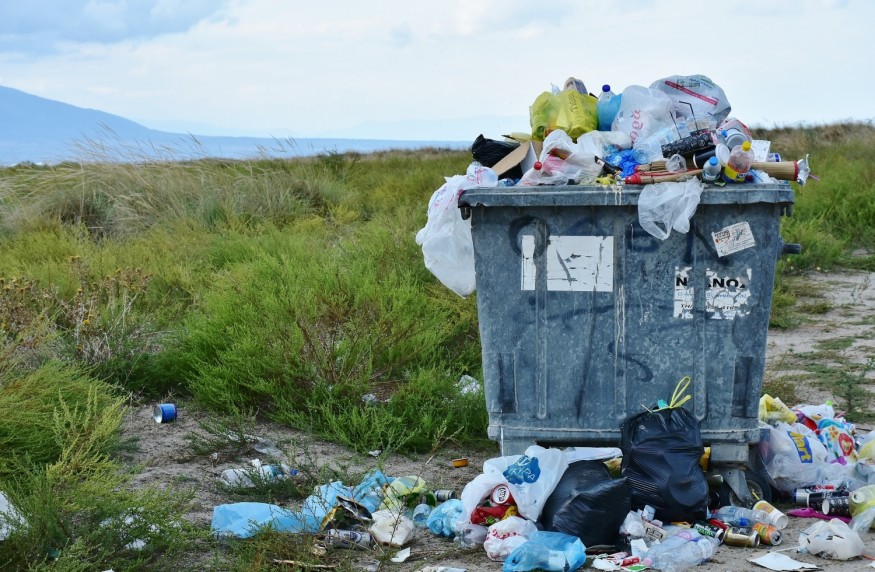
Scientists at Nanyang Technological University (NTU) have come up with means to turn non-biodegradable plastic waste into power-generating chemicals using sunlight.
The technique uses a low-toxicity "catalyst" to melt the plastic molecules through sunlight exposure, said Assistant Professor Soo Han Sen, who led a team of five scientists on the project.
According to Han, the process resulted in formic acid - a highly adaptable natural chemical that could be used as a food preservative, antibacterial cleaning agent, or in fuel cells for hydrogen energy.
"The [demand for] formic acid is millions of tonnes every year," said the chemist from NTU's School of Physical and Mathematical Sciences.
The enzyme used in the process is a metal called vanadium - which is biocompatible and has low toxicity and used in alloys for vehicles or aircraft, the lead author added.
"This [method] is the first reported process that [could totally] break down a non-biodegradable plastics...through visible light, and a catalyst that does not [have] heavy metals," Soo said.
He said the technique is not yet commercially viable, and needs perhaps five years more work - but it could eventually lead to an extraordinary method to deal with plastic waste in an environmentally sustainable way, and produce valuable chemicals in the process.
The team's work was first reported in the scientific journal Advanced Science in October.
HOW IT WORKS
Researchers say they have turned plastic into "formic acid," which could be used in power plants to generate electricity without damaging the environment nor costs a lot of money.
In lab experiments, the Singaporean researchers mixed plastic with chemicals to form a solution, which could then be broken down by artificial sunlight.
The plastic was broken down in six days, and scientists hope the process can be carried out in the future under real sunlight.
"We [can] turn plastics, which are [major ocean pollutants], into useful chemicals," said Soo. The researchers also hope to turn the idea of "a fully renewable process that's carbon neutral."
Other ways of recycling plastic usually require the synthetics to be melted down through fossil fuels, which produce climate-damaging greenhouse gases.
Tiny amounts of plastic, however, have been converted into formic acid, and Soo acknowledged there are hurdles to replicate the process on a larger scale.
WHAT NEXT?
More human resources and funding were needed to develop it, and so far, scientists had tested it only on pieces of pure plastic instead of major wastes.
The project team is also seeking other amendments to the process that could recognize other chemical fuels being produced, such as hydrogen gas.
He said while some nations may lack sufficient sunlight, they may make up for it with other renewable energy sources such as wind or hydropower.
Soo also envisions a future where a treatment plant could be built on Pulau Semakau, which would treat plastic waste on a large scale.
If all goes according to plan, it may even pave a way to transit from fossil fuels to hydrogen fuel, which emits zero emissions when burned.
© 2025 NatureWorldNews.com All rights reserved. Do not reproduce without permission.





